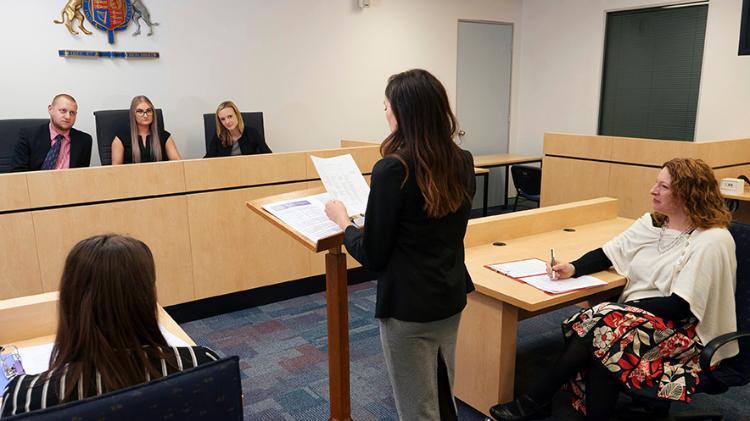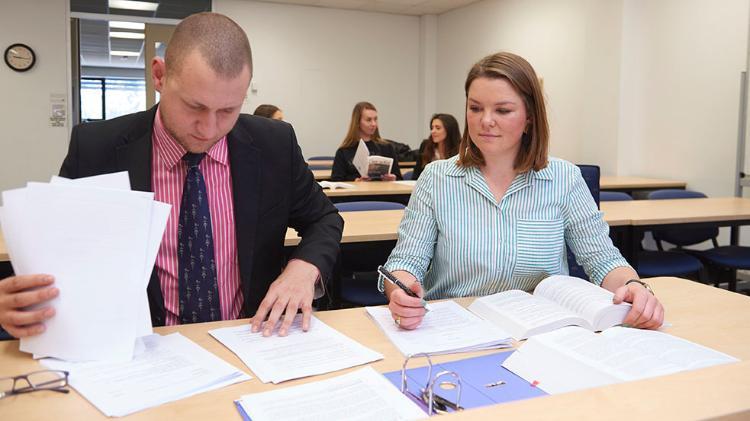The Faculty of Business and Law provides students with learning experiences that focus on real-world applications and practical experiences designed to develop graduates who are independent thinkers and creative problem-solvers. We offer accredited undergraduate, postgraduate and higher-degree research programs catering to new and advancing career opportunities. Working closely with our collaborative international network ensures that our students gain a global perspective that they can apply in their future personal, academic and professional lives.
Valuing innovative, rigorous and original research in areas within business and social justice of high quality and broad impact, we explore ways to advance business-related and legal knowledge.
As well as our Law School being ranked in the top 100 in the world, our business accreditation by the Association to Advance Collegiate Schools of Business (AACSB), is global recognition that we are among the top 6% of business schools worldwide. This means that our curricula meet the highest standards, our students learn from the best business and law minds and our graduates have highly sought-after skills, knowledge, and experience that today’s employers are looking for.














